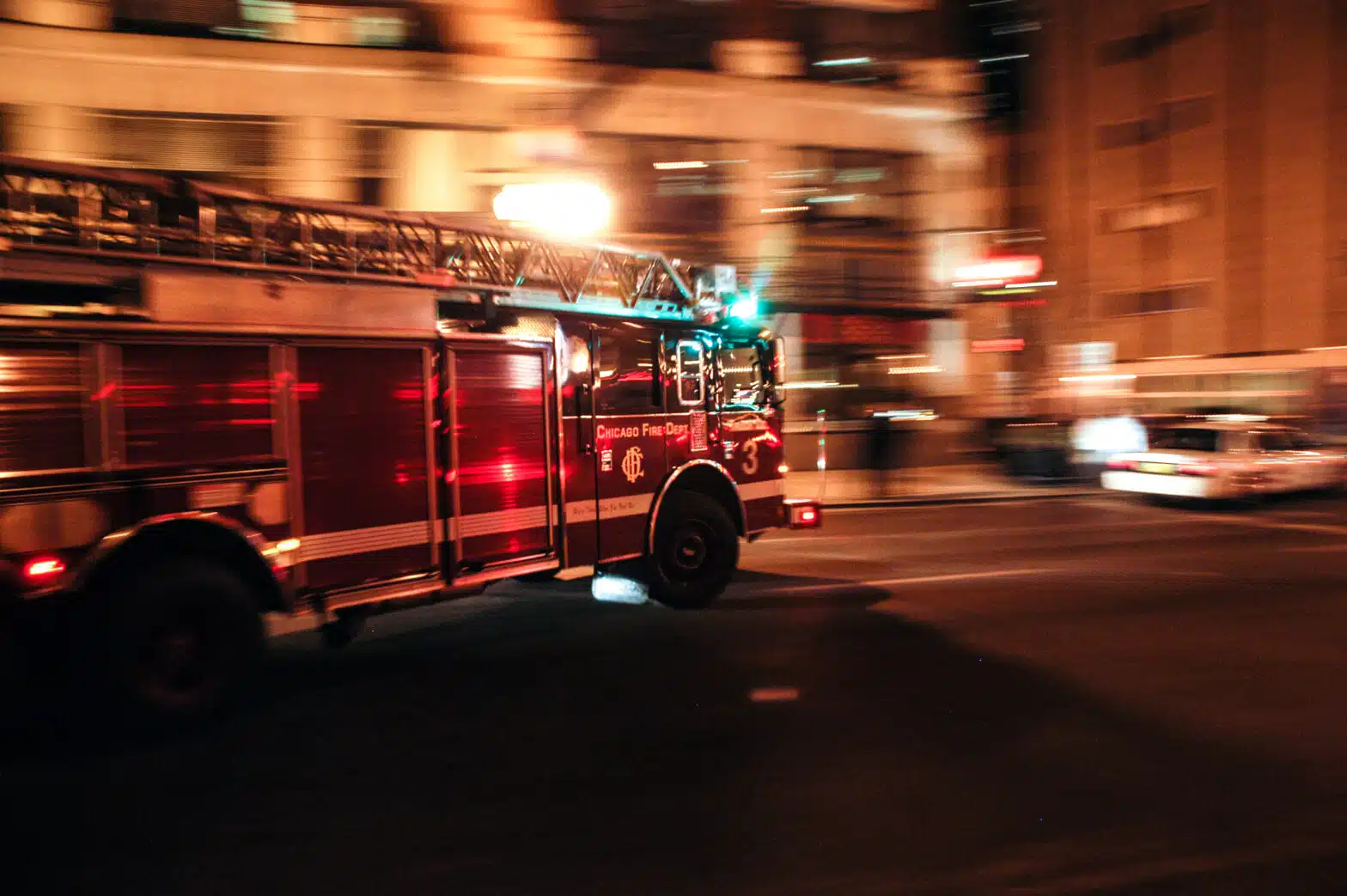First Responder Liaisons At Spring Hill
First responders have unique life experiences that other people may not be able to relate to during substance use treatment. At Spring Hill, our first responder liaison program provides first responders with peer support and additional treatment opportunities.

Substance abuse rates are higher among American first responders than in the general population.
Routine exposure to traumatic experiences and a culture that emphasizes resilience makes it necessary to provide first responders with targeted addiction care that takes their experiences into account.
At Spring Hill Recovery Center, our first responder liaison program ensures that qualifying clients receive peer support and additional care to support their long-term recovery.
The Prevalence Of Substance Use Disorders Among First Responders
The prevalence of alcohol abuse and drug use among first responders varies depending on the type of substance abuse and the category of first responder.
A study published in the International Journal of Drug Policy found that 22% of first responders used more of a substance than they intended and 21% felt they could not reduce or stop substance use.
Of those surveyed, firefighters were the most likely to have a substance use disorder followed by emergency medical services (EMS) and then police officers.
Additional studies suggest that alcohol is the primary substance of choice for first responders, as roughly 90% use alcohol. Again, the highest rates of abuse are among firefighters, 58% of which report binge drinking.
While it is likely that drug abuse rates are also elevated among first responders, working in public safety makes them far less willing to report drug use, preventing accurate estimates.
Factors That Contribute To Heighted Rates Of Substance Abuse
There are numerous factors that increase the risk of substance abuse among first responders.
The nature of the work and the strain placed on the mental health of first responders pairs with a culture that emphasizes strength and resilience to make first responders particularly prone to substance abuse.
Trauma
Firefighters, EMS, and law enforcement frequently find themselves in traumatic situations that can be hard to process.
Losing a coworker, facing the death of a civilian, and witnessing extreme harm take a natural toll on the human psyche.
It is not uncommon for people who endure or witness trauma to use alcohol or drugs to numb negative feelings.
Stress
First responders work in a high stress environment where lives often depend on their ability to act quickly and make split-second decisions.
Coupled with extremely long hours, this high stress environment can cause people in emergency services to find ways to take the edge off.
Smoking cigarettes and social drinking with other first responders are both common stress-relieving techniques among firefighters, paramedics, EMTs , and law enforcement.
Cultural Norms
First responders have to be able to rely on each other in high stress situations.
To ensure a sense of camaraderie and confidence among first responders, many fire departments, EMS companies, and police departments foster a culture of fraternity and resilience.
While this culture serves an important role, first responder culture also tends to be unsupportive of mental health treatment by perceiving people who need treatment as less resilient.
Without the aid of mental health support, many first responders self-medicate with drugs or alcohol to numb negative emotions and protect family members from the stress of the job.
What Do First Responder Liaisons Do At Spring Hill?
First responders often require specialized peer support due to their unique life experiences. To put it bluntly, no one else really understands what it’s like to be a first responder.
At Spring Hill Recovery Center, our first responder liaisons act as peer guides who help our qualifying clients feel validated and supported during their addiction treatment.
Working with the first responder liaisons also comes with additional perks, including specialized group therapy with veterans and first responders as well as extra gym time to support wellness
Who Qualifies For The First Responder Program?
All first responders qualify for our first responder initiative. This includes firefighters, emergency medical services, and law enforcement officers.
In addition to first responders, veterans and military service members can request to be part of the program, as the military is also a high-stress workplace with a similar culture.
Ask How Spring Hill Can Help You Start Your Recovery
If you would like to learn more about how Spring Hill can help you or a loved one through addiction recovery, contact our team of healthcare professionals today.
- Florida Atlantic University (FAU) https://www.fau.edu/newsdesk/articles/first-responders-pandemic-study.php
- National Association for Alcoholism and Drug Abuse Counselors (NAADAC) https://www.naadac.org/assets/2416/aa&r_winter2020_substance_use_disorders_in_first_responders.pdf
- Substance Abuse And Mental Health Administration (SAMHSA) https://www.samhsa.gov/sites/default/files/dtac/supplementalresearchbulletin-firstresponders-may2018.pdf

